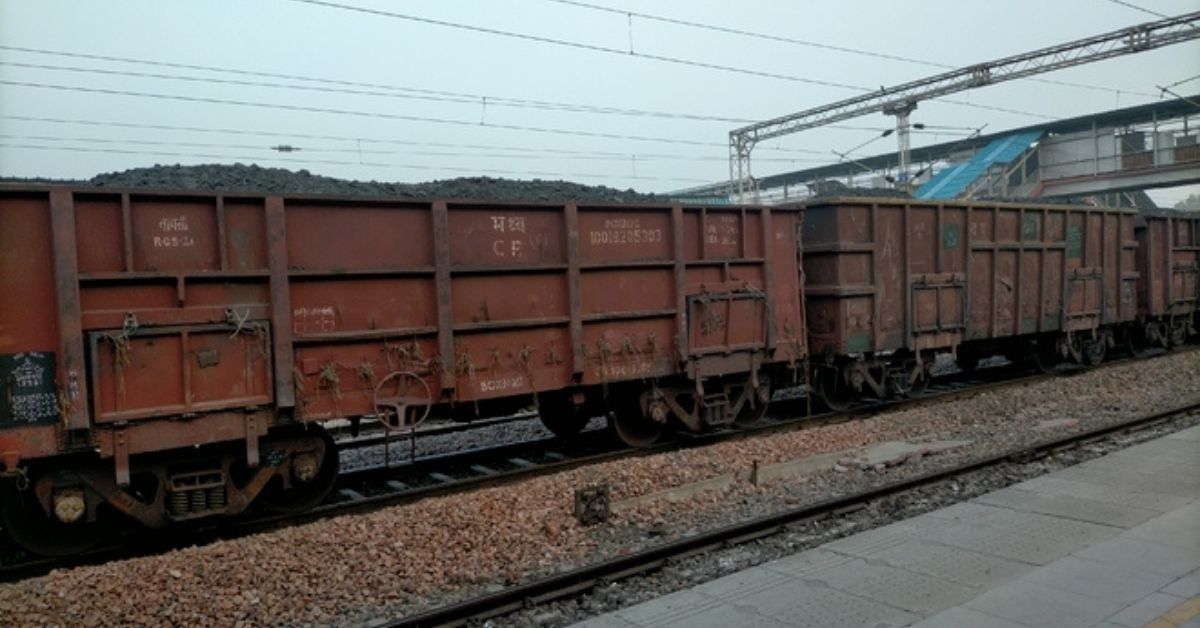The transportation time of coal on the DFCs would reduce to half as coal trains will completely avoid the congested routes of Indian Railways. A top official of the Dedicated Freight Corridor Corporation of India Ltd (DFCCIL) said this will lead to a saving of approximately one day, which in turn will reduce the turnaround time of rakes for coal transportation. “Today we achieved a major milestone with the commissioning of the 27 km Ahraura–DDU leg of Eastern DFC. With the completion of this critical stretch, seamless connectivity from Sonnagar to Sanand is established,” he added.
Officials said one of the biggest challenges in the project was connecting the yard of Deen Dayal Upadhyay (DDU) station. This yard has 490 routes, 100 points and seven lines. DDU is the largest railway yard of Asia and was acting as the biggest bottleneck as connectivity on either ends of the station was complete and trains had to cross this major junction.
They added that the commissioning of Dagmagpur to Bhaupur (Kanpur) route of DFC has provided a major relief to Indian Railways. “The punctuality of passenger trains with North Central Railway has improved significantly with DFC shouldering the major load of freight trains. Now, with commissioning of Ahraura Road to DDU, punctuality will improve even further with the benefits trickling further to East Central Railway,” the DFCCIL said in a statement.
The commissioning of the DFCs will also provide more time for maintenance of highly overloaded railway tracks, thereby enhancing the safety as well.
“As of today, 2196 route KM, which is 77.2% of the DFC, has been commissioned. The entire alignment except JNPT (Jawahalal Nehru port) connectivity is expected to be commissioned in the next one year,” the DFCCIL said.
The DFC aims to reduce the logistics cost. The dedicated freight corridor is designed to run 480 heavy-haul freight trains daily, capable of carrying higher loads and volumes, leading to a significant increase in freight transportation capacity. This will reduce congestion on existing rail networks and roads, enabling faster and more efficient movement of goods.








